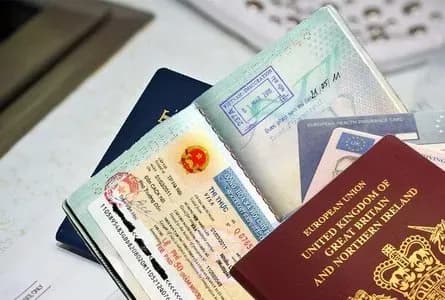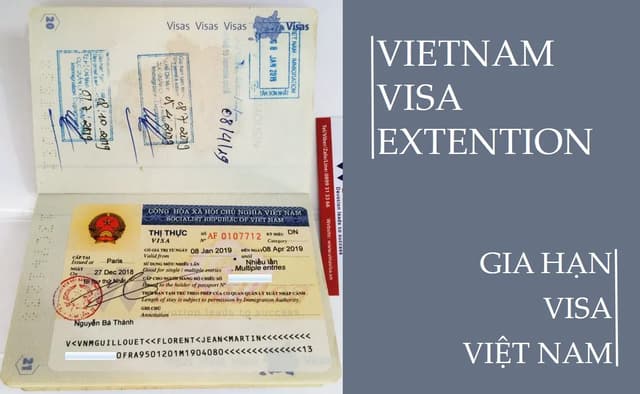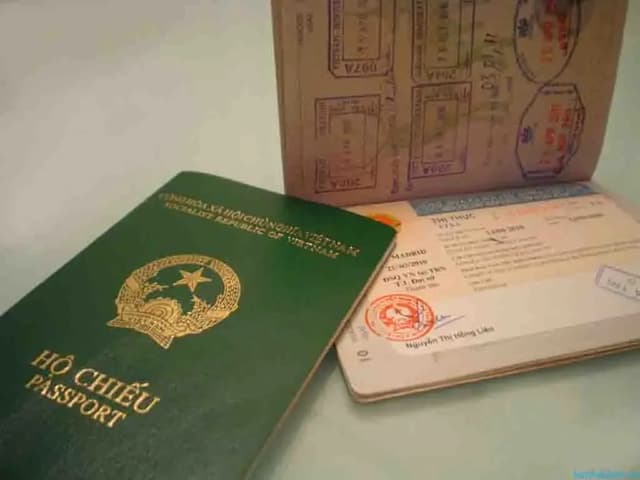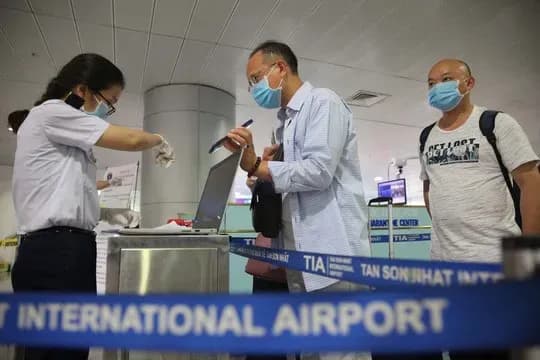What does current Vietnamese law say about wastewater management?
By Hoa Nguyen
17/12/2024
Wastewater management is one of the important issues that Vietnamese law focuses on and strictly regulates. These regulations aim to ensure that wastewater treatment is carried out properly, minimizing negative impacts on the environment and human health. This article will provide an overview of current legal regulations in Vietnam related to wastewater management, from licensing, technical standards to the responsibilities of relevant organizations and individuals.
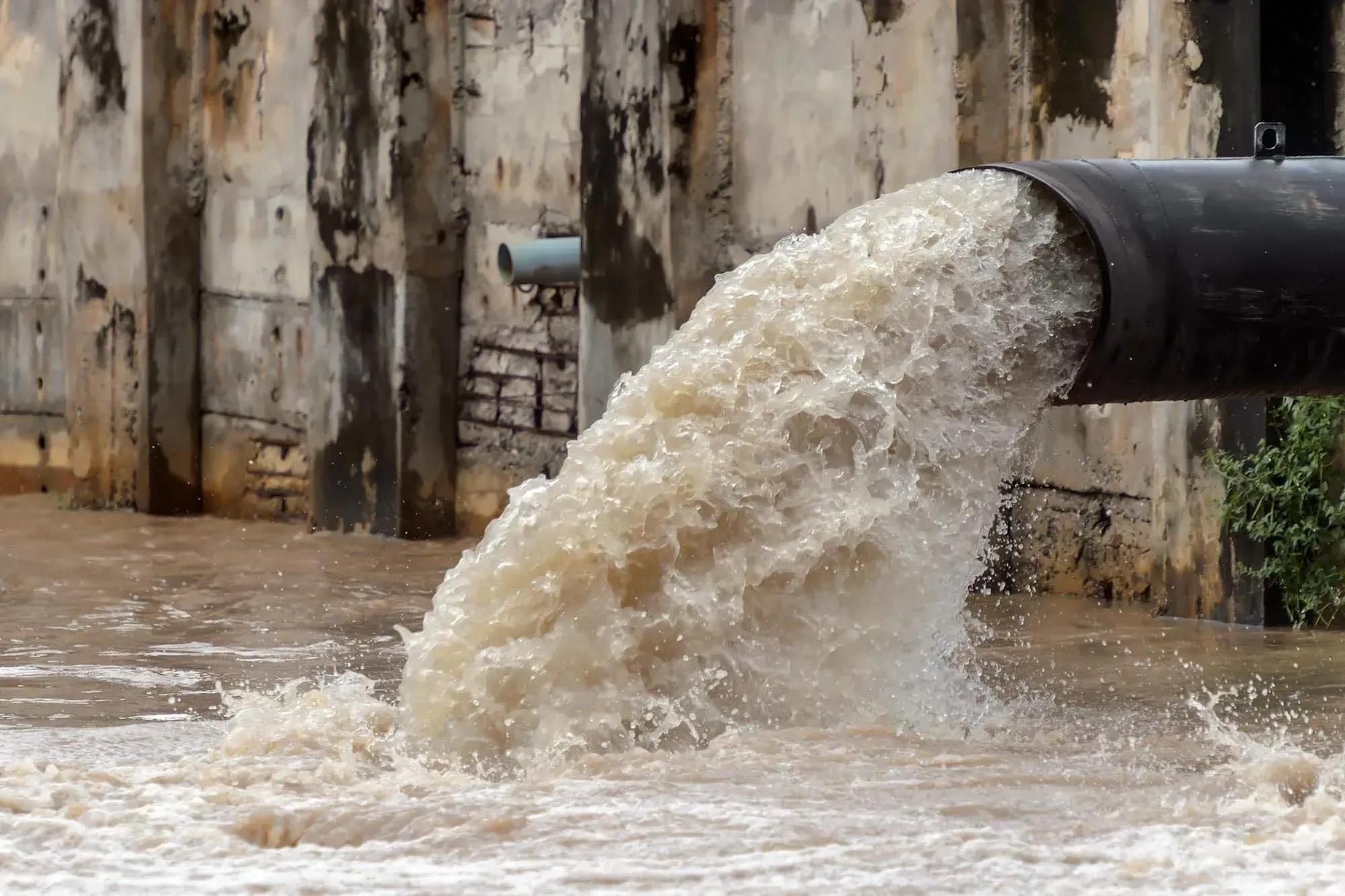
1. General requirements for wastewater management
According to the provisions of Clause 2, Article 72 of the Law on Environmental Protection 2020, general requirements on wastewater management are stipulated as follows:
- Wastewater must be collected and treated to meet environmental technical standards before being discharged into receiving sources;
- Wastewater is encouraged to be reused when it meets the requirements of environmental protection and water use purposes;
- Wastewater containing hazardous environmental parameters exceeding prescribed thresholds must be managed according to regulations on hazardous waste management;
- The discharge of treated wastewater into the environment must be managed in accordance with the provisions of the law on environmental protection, in accordance with the carrying capacity of the receiving environment.
2. Regulations on wastewater management
Pursuant to Clause 1, Article 3 of Decree 45/2022/ND-CP, wastewater discharge into the environment is the act of individuals and organizations discharging wastewater into the soil, groundwater, surface water, and seawater environment inside and outside establishments, concentrated production, business, and service areas.
Pursuant to Section 5, Chapter VI of the Law on Environmental Protection 2020, regulations on wastewater management include:
3. Wastewater collection and treatment
Pursuant to Article 86 of the Law on Environmental Protection 2020, regulations on wastewater collection and treatment are as follows:
- New urban areas, concentrated residential areas; production, business, service establishments, concentrated production, business, service areas, and industrial clusters must have a wastewater collection and treatment system separate from the rainwater drainage system, except for special cases prescribed by the Government.
- Management of wastewater in urban and concentrated residential areas is regulated as follows:
- Domestic wastewater generated from organizations and households must be collected and connected to the wastewater collection and treatment system;
- Wastewater generated from production, business and service activities in urban areas must be collected and preliminarily treated before being connected to the urban wastewater collection and treatment system; wastewater after preliminarily treatment must meet the regulations of urban areas, concentrated residential areas or regulations of local authorities;
- Wastewater generated from production, business and service activities in urban areas without centralized wastewater treatment facilities must be collected and treated to meet environmental protection requirements before being discharged into receiving sources.
- Wastewater management from production, business and service activities is regulated as follows:
- Wastewater from production, business and service establishments in concentrated production, business and service areas and industrial clusters must be collected and preliminarily treated before being connected to the industrial wastewater collection and treatment system according to the requirements of the investor in the construction of concentrated production, business and service areas and industrial clusters, ensuring that wastewater must be treated to meet environmental protection requirements;
- Wastewater from production, business and service establishments located outside urban areas, concentrated residential areas, concentrated production, business and service areas, and industrial clusters that cannot be connected to the wastewater collection and treatment system must be collected and treated to meet environmental protection requirements before being discharged into receiving sources.
- Domestic wastewater generated from organizations and households in non-concentrated residential areas must be collected and treated on-site to meet environmental protection requirements before being discharged into receiving sources.
- The People's Committee at provincial level has the following responsibilities:
- Investing and encouraging investment in the construction of urban wastewater collection and treatment systems and concentrated residential areas in the area under the investment responsibility of the State according to the provisions of law;
- Issue a roadmap for land allocation, investment or investment incentives to build urban wastewater collection and treatment systems and concentrated residential areas in cases where there is no wastewater collection and treatment system;
- Issue a roadmap and support policies for organizations and households in urban areas and concentrated residential areas to build works and install on-site wastewater treatment equipment that meet environmental protection requirements before discharging into receiving sources in cases where it is not possible to arrange land funds to build wastewater collection and treatment systems in urban areas and concentrated residential areas that were formed before the effective date of the Law on Environmental Protection 2020;
- Issue a roadmap for implementation and policies to support the collection and on-site treatment of domestic wastewater generated by organizations and households in non-concentrated residential areas.
- The Minister of Natural Resources and Environment provides guidance on technology and techniques for on-site wastewater treatment.
- The Minister of Construction provides guidance on technical infrastructure works for collecting and draining wastewater in urban areas and concentrated residential areas as prescribed in Article 86 of the Law on Environmental Protection 2020.
4. Wastewater treatment system:
Pursuant to Article 87 of the Law on Environmental Protection 2020, regulations on wastewater treatment systems are as follows:
- Wastewater treatment system must ensure the following requirements:
- Technology suitable for the type and characteristics of wastewater to be treated;
- The capacity of the water treatment system must be suitable for the maximum amount of wastewater generated;
- Wastewater treatment meets environmental protection requirements;
- Operate wastewater treatment facilities according to technical procedures;
- There must be a plan to prevent and respond to environmental incidents in the wastewater treatment system; the discharge point must have clear coordinates, signs and symbols, convenient for inspection and monitoring of discharge.
- Sludge from wastewater treatment systems must be managed according to regulations of law on solid waste management; sludge containing hazardous elements exceeding prescribed thresholds must be managed according to regulations of law on hazardous waste management.
Vietnam visa application service for foreigners
By Hoa Nguyen
16/10/2024
Our Vietnam visa application service provides a quick and convenient solution for foreigners who need to enter and temporarily reside in Vietnam. We provide short-term and long-term visas for tourism, business, investment and visiting relatives. With a simple and professional process, we ensure to save time and bring satisfaction to customers. Contact us now for support!
Extend Vietnam visa procedures for foreigners
By Van Vu
16/10/2024
Extending Vietnam visa for foreigners is one of the important services to ensure legal residence in Vietnam. We provide a fast and simple visa extension process, suitable for various types of visas such as tourism, business, and visiting family. With attentive and professional support, we commit to bringing convenience and peace of mind to customers during the visa extension process. Contact us for detailed advice and support on extending Vietnam visa procedures.
Procedures for applying for visas for foreigners working in Vietnam
By Van Vu
16/10/2024
This article provides detailed instructions on the procedures for applying for visas for foreigners working in Vietnam, including short-term and long-term visa types, as well as corresponding conditions and expiry dates. In addition, information on legal regulations and necessary documents is also provided to support foreign workers and businesses in carrying out procedures effectively and legally.
Visa issuance for foreigners at international border gates
By Van Vu
21/10/2024
According to Article 18 of the Law on Entry, Exit, Transit and Residence of Foreigners in Vietnam 2014, the issuance of visas at international border gates for foreigners is regulated in detail.

